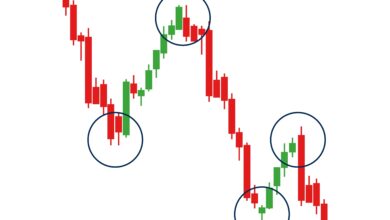Forex Trading vs. Stock Trading
Forex Trading vs. Stock Trading — Understanding the Biggest Differences
Introduction:
Forex Trading vs. Stock Trading, Investing in financial markets offers individuals various avenues to grow their wealth, with forex trading and stock trading being two prominent options. While both involve buying and selling assets, they differ significantly in terms of market structure, trading hours, liquidity, and risk factors. In this article, we will explore the biggest differences between forex trading and stock trading, providing valuable insights
1. Market Structure:
Forex Trading: The forex market is a decentralized global marketplace where currencies are traded. It operates 24 hours a day, five days a week, allowing traders to engage in currency transactions across different time zones. Participants include banks, financial institutions, corporations, governments, and individual traders.
Stock Trading: Stock trading occurs through exchanges, such as the New York Stock Exchange (NYSE) or NASDAQ, where shares of publicly listed companies are bought and sold. Each stock exchange has specific trading hours, typically from Monday to Friday during regular business hours.
2. Trading Volume and Liquidity:
Forex Trading: The forex market is the largest and most liquid financial market globally, with daily trading volumes exceeding trillions of dollars. High liquidity ensures that traders can enter and exit positions swiftly, minimizing the risk of slippage and enabling the execution of orders at desired prices.
Stock Trading: While stock markets can also experience high liquidity, trading volumes are generally lower compared to the forex market. Liquidity can vary significantly among individual stocks, with heavily traded blue-chip stocks generally offering more liquidity than small-cap stocks.
3. Available Instruments:
Forex Trading: In forex trading, participants primarily trade currency pairs. The most actively traded pairs include major currencies such as the U.S. dollar (USD), euro (EUR), Japanese yen (JPY), British pound (GBP), and Swiss franc (CHF). Traders can speculate on the relative value fluctuations of these currency pairs.
Stock Trading: Stock traders buy and sell shares of individual companies. Stocks represent ownership in a company and provide investors with a stake in its financial performance and future prospects. Stocks can be categorized into sectors, such as technology, healthcare, finance, and energy, offering a diverse range of investment opportunities.
4. Market Influences:
Forex Trading: The forex market is heavily influenced by macroeconomic factors, such as interest rates, inflation, geopolitical events, and central bank policies. Economic indicators and news releases, such as GDP reports, employment data, and central bank statements, can significantly impact currency values.
Stock Trading: Stock prices are influenced by a combination of company-specific factors and broader market trends. Factors such as earnings reports, corporate announcements, industry developments, and market sentiment can impact stock prices. Individual stock performance can be influenced by factors unique to the company, including financial health, management decisions, and competitive landscape.
5. Leverage and Margin:
Forex Trading: Forex trading allows traders to utilize leverage, which means trading larger positions than the capital invested. Leverage amplifies potential profits, but it also increases the risk of losses. Margin requirements vary among brokers and depend on the currency pair being traded.
Stock Trading: Stock trading typically does not involve high leverage. Margin trading is available in some stock markets, but the leverage ratios are generally lower compared to forex trading. Margin requirements and regulations for stock trading vary by country and exchange.
Conclusion:
Forex trading and stock trading offer distinct opportunities and differences for investors. The forex market provides a global platform for currency trading with high liquidity, 24-hour accessibility, and the potential for significant leverage. On the other hand, stock trading involves buying and selling shares of individual companies, offering exposure to specific industries and company performance.
Understanding the differences in market structure, trading volume, available instruments, market influences, and leverage is crucial for individuals deciding which market aligns with their investment goals, risk tolerance, and trading preferences. Both forex trading and stock trading have their own set of risks and rewards, and investors should conduct thorough research, seek education, and consider their financial objectives before engaging in either market.






